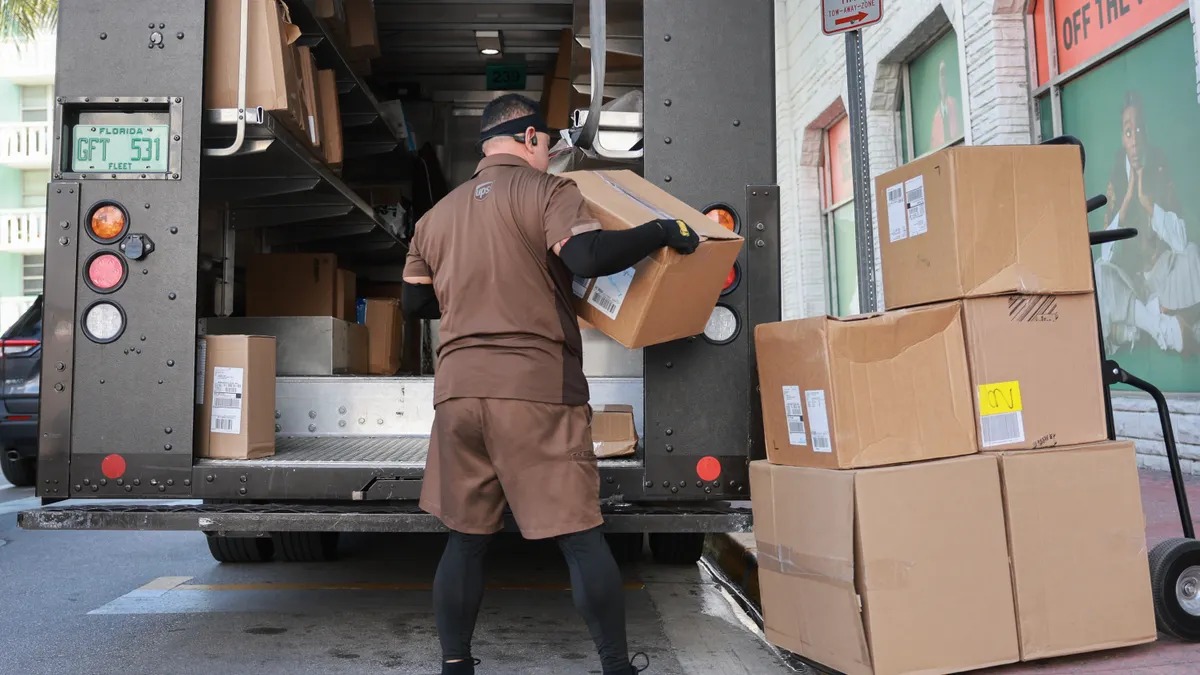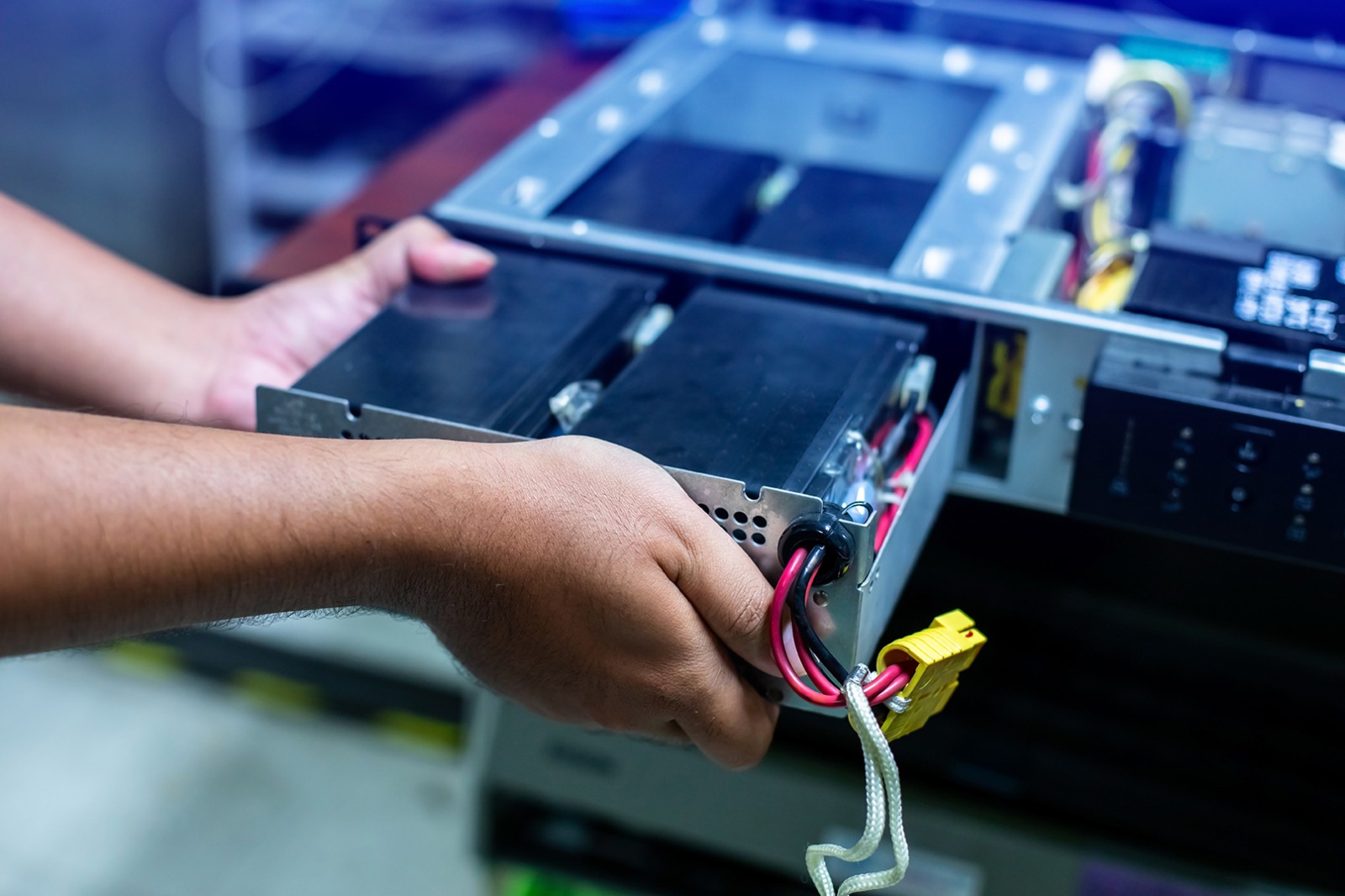Effortlessly handle UPS relocations and disposal with our comprehensive service, including professional assistance for seamless UPS relocation and proper disposal of UPS units and batteries, adhering to environmental regulations.
At Upflair Technologies, we specialize in providing complete UPS relocation solutions whether you need to move your system to another room within the same building or to an entirely new site.
The relocation of a UPS is a critical process that involves decommissioning, safe transportation, and re-commissioning of the UPS, along with its associated batteries and electrical switchgear. Our team of trained engineers, supported by an experienced logistics network, ensures that every step is carried out safely, efficiently, and with minimal disruption to your operations.
Once the equipment reaches the new location, our experts handle the re-commissioning process, making sure the system is restored to full functionality and reliability. If your project requires additional electrical work, we collaborate with trusted electrical contractor partners to provide a seamless, end-to-end service.
With Upflair’s UPS Relocation Service, you can rely on a smooth, secure, and professionally managed transition of your power systems.

At Upflair Technologies, we provide safe and reliable UPS disposal services for a wide range of UPS brands. Whether you are upgrading your power systems or decommissioning existing units, our team ensures the process is handled professionally and in compliance with all regulations.
Our trained engineers carefully decommission the UPS and its associated batteries, making sure every step is carried out with safety as the top priority. Once decommissioned, our experienced logistics team securely packs and palletizes the equipment for transportation and proper disposal.
We follow all relevant environmental and safety guidelines, including the Special Waste Regulations 1996, to ensure that the disposal process is environmentally responsible and fully compliant.
With Upflair’s UPS Disposal Service, you can rest assured that your old UPS systems and batteries will be managed safely, efficiently, and in line with industry standards.


At Upflair Technologies, every UPS relocation or disposal project begins with a thorough assessment and planning phase. Our experts carefully evaluate the existing setup, location, and condition of your UPS system before creating a tailored plan. This proactive approach helps minimize risks, ensures safety, and guarantees a smooth process from start to finish.

Proper decommissioning is essential for both UPS relocation and disposal. Our trained engineers follow strict safety protocols, including a controlled shutdown of the system, disconnection of all power and network connections, and neutralization of residual energy. This ensures that the UPS is fully safe for handling, transport, or disposal.

To protect your valuable equipment, we provide specialized packaging and secure transportation services. Using industry-approved packing materials and techniques, along with vehicles equipped for sensitive electronics, we ensure your UPS systems and batteries are moved safely and efficiently—whether to a new site or for compliant disposal.